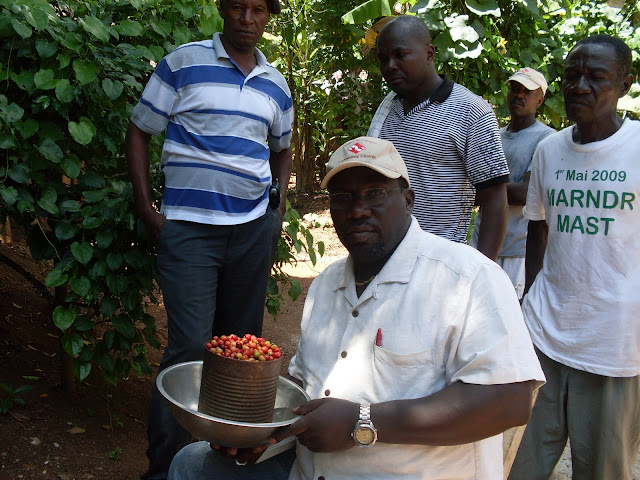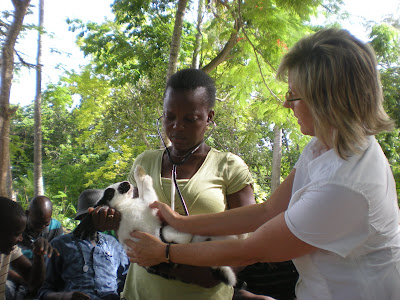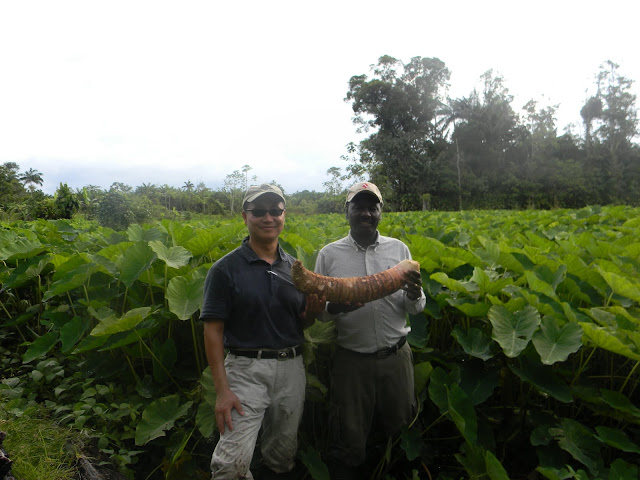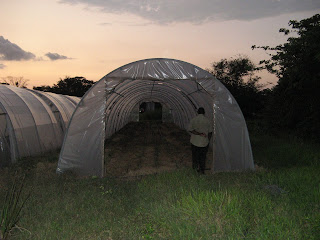"Flexible" Opportunities with Farmer to Farmer!

FTF Flex volunteer Dick Waybright consults with dairy farmers in Brazil Did you know that the 2008 - 2013 Farmer to Farmer program has an option for "flexible" assignments? These "flex" assignments are designed to give the program the flexibility to respond to requests for support from ongoing activities in areas outside of our established projects, or in some cases to explore new opportunities, related to agriculture and environment. Flex volunteers can travel to many countries throughout the world. Are you a part of an ongoing international agriculture project that could use some technical assistance? Maybe you could be the next volunteer to travel under a flex assignment! Examples of past flexible assignments are described on this blog - click "Flex" on the list of labels to the right to read relevant stories of what FTF volunteers are accomplishing throughout the hemisphere! From veterinarian to video producer, GIS technician to graphic designer,





